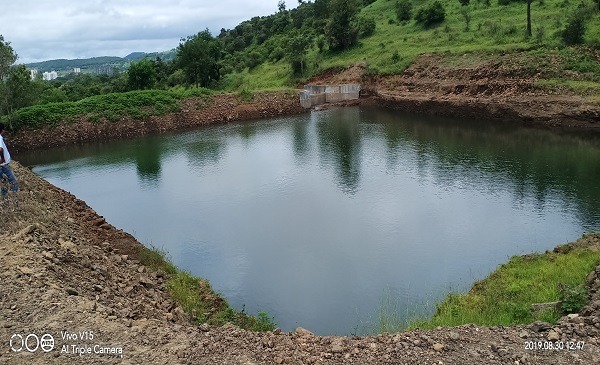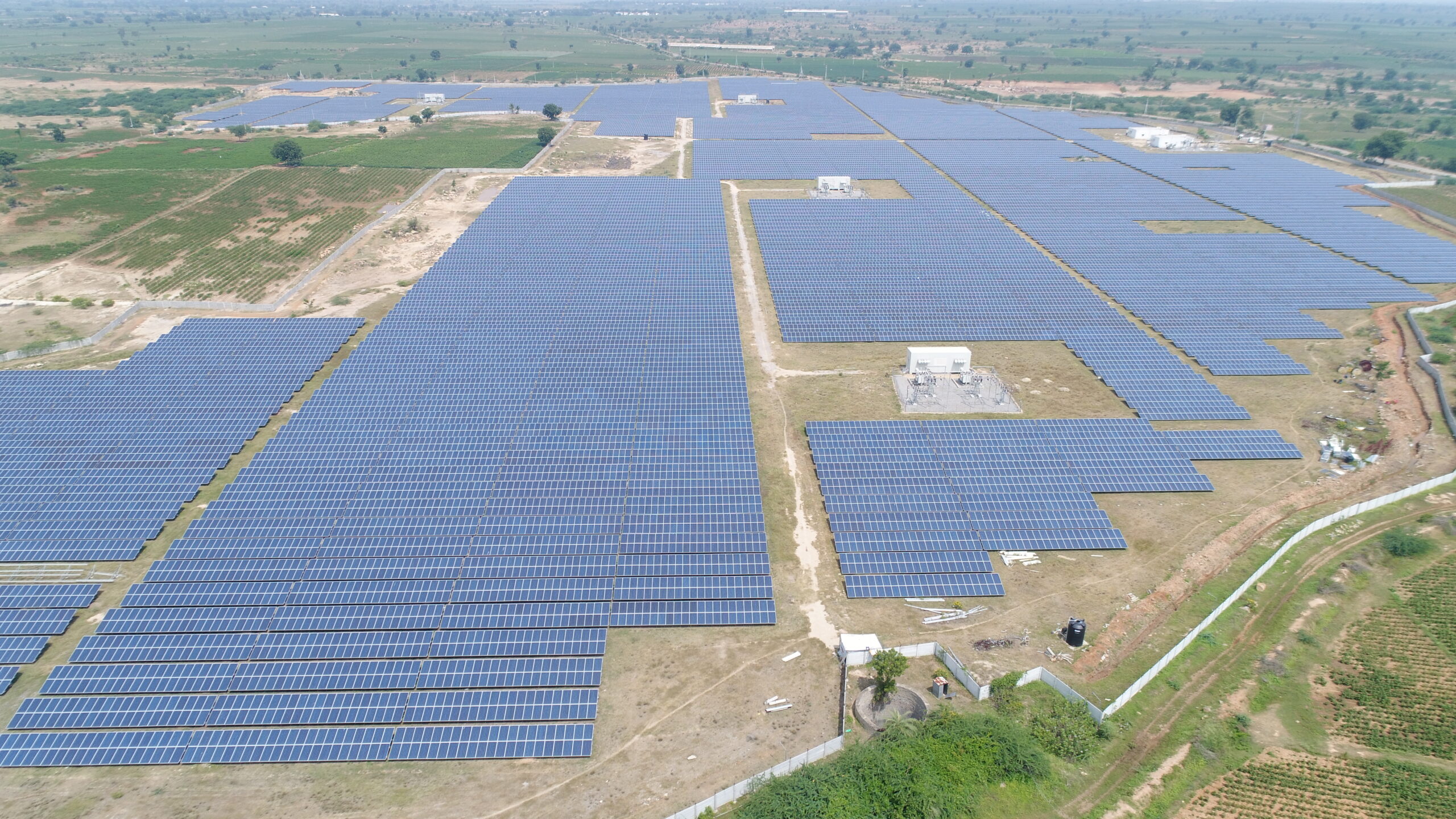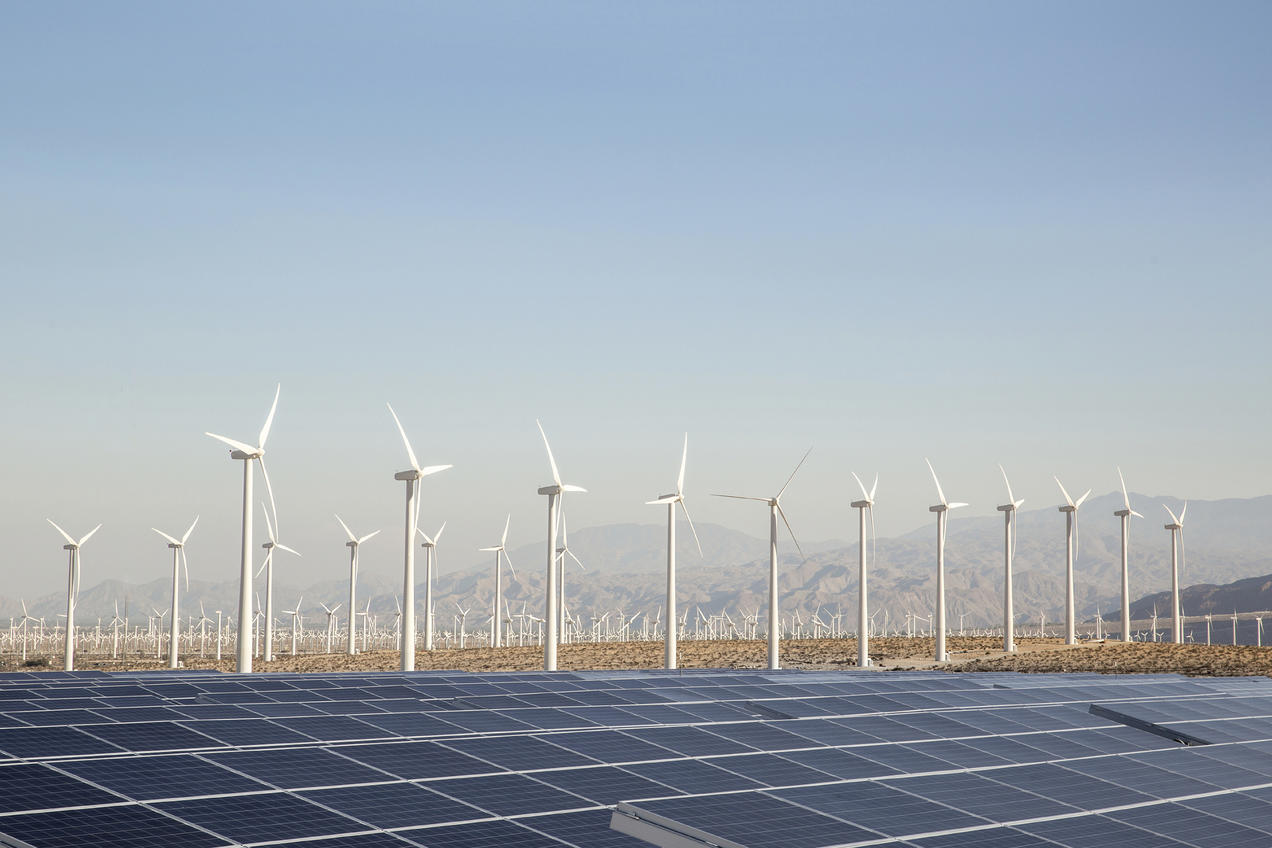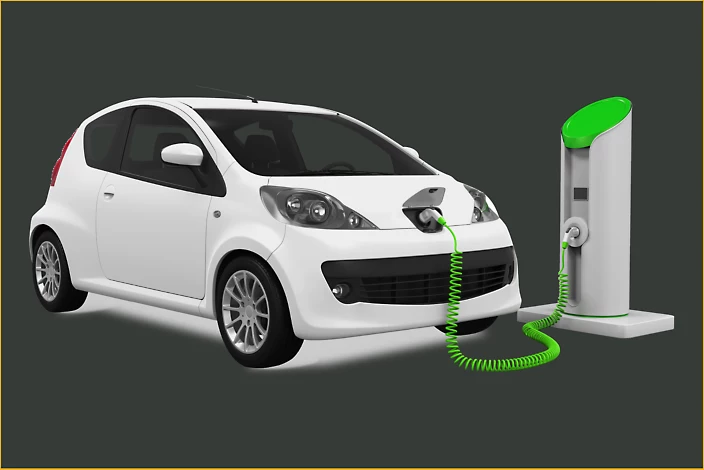Smart city in China
China has been at the forefront of developing smart cities, which use technology and data-driven solutions to improve the quality of life for residents, enhance sustainability, and optimize urban operations.
China has been at the forefront of developing smart cities, which use technology and data-driven solutions to improve the quality of life for residents, enhance sustainability, and optimize urban operations.
Wastewater treatment and water purification are essential processes for maintaining clean and safe water sources for human use and environmental sustainability. They involve removing contaminants, pollutants, and impurities from water
Wildlife research is a branch of scientific study that focuses on understanding and investigating various aspects of wildlife, including their behavior, ecology, conservation, and management. This field plays a crucial

Desalinated water refers to water that has undergone the process of desalination, which is the removal of salt and other impurities from seawater or brackish water. Desalination is carried out

Solar-powered waterworks refer to systems that utilize solar energy to power various processes involved in water supply and management. These systems typically incorporate solar panels or photovoltaic cells to convert

A biodiesel plant is a facility that produces biodiesel fuel from renewable resources, typically vegetable oils or animal fats. Biodiesel is a cleaner-burning alternative to conventional diesel fuel and can

Solar energy refers to the energy derived from the Sun’s radiation and converted into usable forms of power. It is a renewable and sustainable source of energy that has gained

Reducing your carbon footprint is an essential step towards combating climate change and minimizing the impact of human activities on the environment. Here are some effective ways to reduce your

The term “Green Curriculum” typically refers to an educational approach that incorporates environmental sustainability and ecological literacy into the curriculum. It emphasizes teaching students about environmental issues, ecological systems, and

Electric vehicles (EVs) are automobiles that are powered by electric motors, using electricity stored in rechargeable batteries instead of traditional internal combustion engines (ICEs) that rely on fossil fuels. EVs